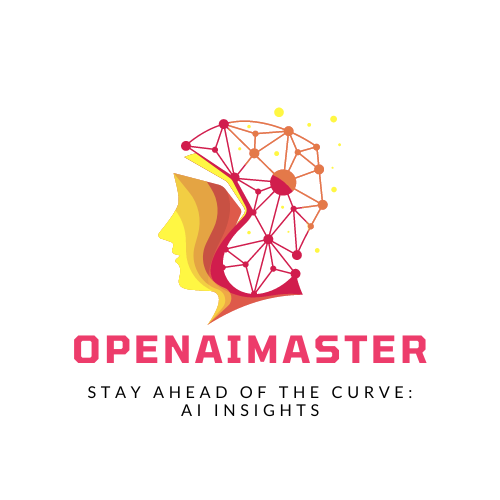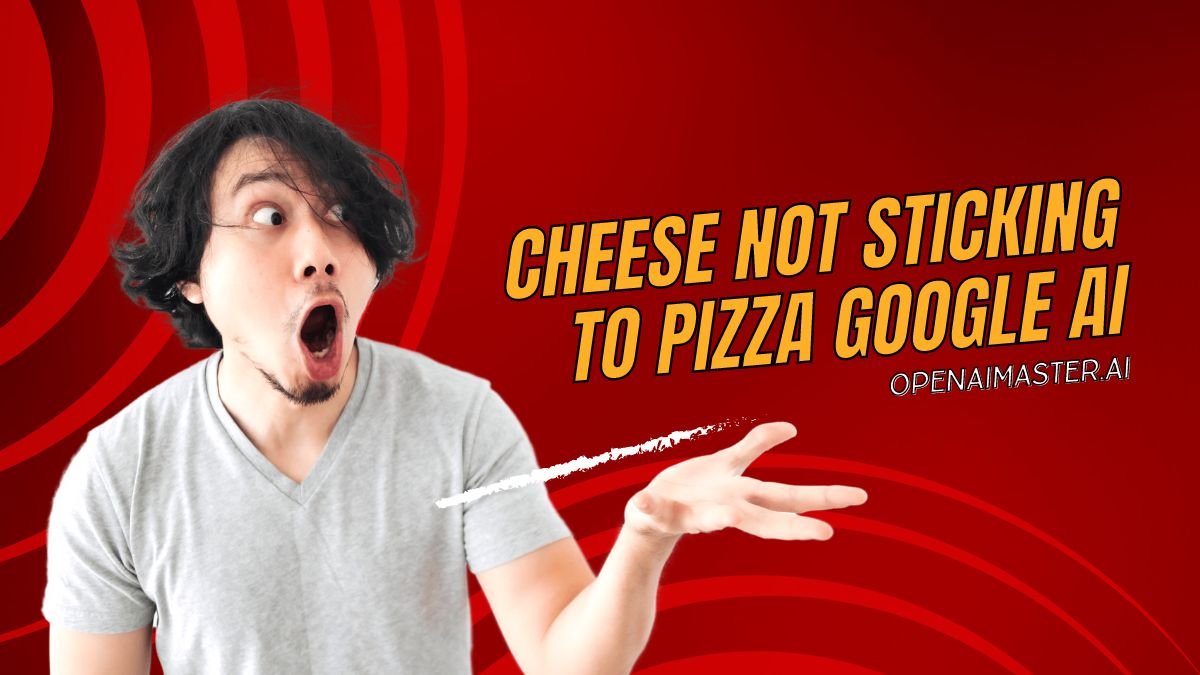A recent incident involving Google’s AI Overviews feature has raised concerns about the reliability of AI-generated advice. In a bizarre twist, the AI suggested adding a small amount of non-toxic glue to pizza sauce to prevent cheese from sliding off the pizza. This recommendation, which can be traced back to an 11-year-old humorous Reddit comment, has sparked widespread amusement and skepticism about the quality of Google’s AI models.
The Controversial Suggestion and Its Origins
According to reports, Google’s AI Overviews feature, designed to provide concise summaries on various topics, recommended adding approximately 1/8 cup of non-toxic glue to pizza sauce. The rationale behind this unconventional suggestion was to enhance the adhesion of cheese to the pizza, preventing it from sliding off during consumption.
Further investigation revealed that this advice originated from a Reddit comment made over a decade ago, where a user had jokingly suggested using non-toxic glue as a solution for cheese slippage on pizzas. However, the AI system appears to have interpreted the comment as a genuine recommendation, failing to recognize the humorous context.
Public Reaction: Amusement and Skepticism
As news of the AI’s peculiar pizza recommendation spread, it quickly went viral on social media platforms, eliciting a range of reactions from amusement to disbelief. Many users expressed skepticism about the quality of Google’s AI models, questioning how such an absurd suggestion could be generated by a sophisticated system.
Others took a more lighthearted approach, sharing jokes and memes about the potential consequences of adding glue to pizza sauce, ranging from dental emergencies to gastrointestinal distress.
Google’s Response and Corrective Measures
In response to the incident, Google acknowledged the isolated nature of these occurrences and emphasized that the majority of AI overviews provide accurate and reliable information. A spokesperson for the company stated, “While these instances are isolated examples, we take them seriously and are using them as opportunities to refine our systems further.”
Google reassured users that corrective measures have been taken to prevent similar incidents from occurring in the future. The company also reiterated its commitment to improving the accuracy and reliability of its AI models, emphasizing the importance of providing trustworthy information to users.
Implications and Lessons Learned
The pizza glue incident has highlighted the potential pitfalls of relying too heavily on AI-generated advice without proper verification and context. While AI technology has made significant strides in recent years, this incident serves as a reminder that these systems are not infallible and can sometimes produce nonsensical or potentially harmful recommendations.
Moving forward, experts suggest that users exercise caution when relying on AI-generated advice, particularly in areas where inaccurate information could have significant consequences. It is recommended to cross-reference information from multiple reputable sources and to apply critical thinking skills when evaluating AI-generated content.
Additionally, this incident underscores the importance of responsible AI development and the need for robust testing and quality control measures. As AI systems become more prevalent in our daily lives, it is crucial to ensure that these technologies are reliable, transparent, and accountable.
In conclusion, the unconventional pizza recommendation from Google’s AI has brought to light some of the challenges and potential pitfalls associated with AI-generated content. While the incident has provided amusement for many, it also serves as a valuable lesson in the importance of responsible AI development and the need for users to exercise caution and critical thinking when relying on AI-generated advice.




